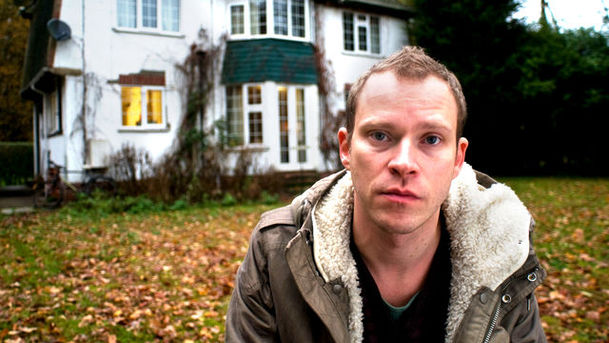My Life in Verse - Episode 2

Robert Webb was 16 when he first heard The Love Song of J Alfred Prufrock by TS Eliot. His English class was grappling with The Wasteland when a cheeky classmate described it as 'meaningless'. Robert's teacher responded by reaching for Prufrock, reading the class the entire poem and asking if that had enough meaning for them. Robert was blown away by Prufrock and that classroom encounter sparked a lifelong passion for the poem. Robert goes on a journey to find out more about the poem and the poet that captured his imagination at such a young age. He returns to the Lincolnshire classroom where he first heard Prufrock and visits the school hall where he made his first forays into comedy. He also travels to Paris, where he discovers that the young TS Eliot shocked his respectable American family by spending a year in the famously decadent city. And closer to home, Robert visits East Coker, Eliot's final resting place and the inspiration for one of his greatest poems. There, he finds that Eliot has inspired a vibrant local poetry society which meets every month in the local pub to share a passion for poetry. TS Eliot is the quintessential 'modern' poet. Throughout the film, Robert explores why modern poetry has a reputation for being 'difficult' while he thinks it can touch at the heart of what it means to be human. He meets Clive James and asks him why he thinks poetry is still powerful and universal. Like Robert, Clive is a huge fan of E E Cummings and he reads Robert some Cummings poems as well as some of his own. Robert also meets other contemporary poets, including two-time winner of the TS Eliot Prize for Poetry Don Paterson, who tells him about Eliot's legacy and influence on contemporary poets.